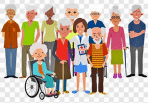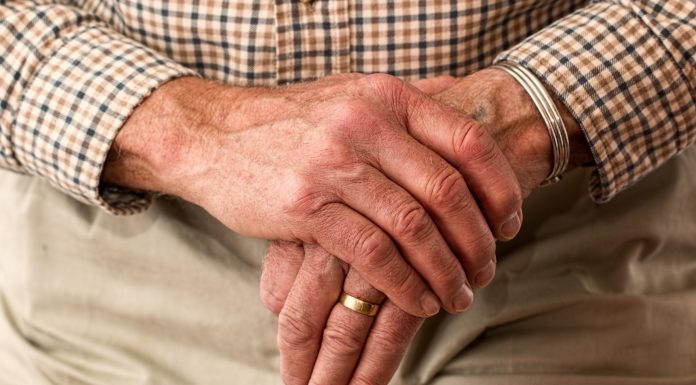The Older Womenʼs Network Housing Committee is calling for a change to
federal and provincial building codes to require that all new multi-unit
buildings be Universal Design.
Universal Design will accommodate everyone of any age or ability. True
universal design goes beyond mere accessibility. It demonstrates an
underlying commitment to including as wide a range of users as possible.
The Accessibility for Ontarians with Disabilities Act does not include
housing. It regulates accessibility of public buildings and businesses. We
need innovative housing which is affordable, barrier-free, adaptable, multigenerational, visitable and promotes the spirit of community.
Disabilities play no favourites. Anyone of any age can have be born with a
disability or can be struck by illness or accident which creates a temporary
or lasting injury. We have all heard of the cyclist hit by a truck and the
stroke patient who cannot return home to an inaccessible apartment. Nobody should be made homeless due to accident or illness. If need
arises, home-care services can be arranged, provided the home is barrier free.
While OWN focuses on advocacy and public education, a sister
organization, Unitarian Commons, is aiming to build the first building to
tackle the twin socio-health problems of isolation and barriers to mobility in
homes. Due to the difficulty in finding funding for rental housing, they are
starting with a non-profit, affordable condo building.
Not wanting to end up in a seniors’ ghetto, the Unitarian Commons team
decided to build multi-generational co-housing. It is their hope that this pilot
project will be replicated by others across Canada. Despite a search, no
comparable building was found in Toronto. Despite the fact that the Ontario
Building Code requires that 15% of units be accessible, informal inquiries at
new condominium sales offices about their accessible units were met with
lack of information on the part of uninformed sales agents.
Over 4.4 million Canadians (one out of every seven) live with some form
of disability. Thatʼs a substantial group of possible buyers who are generally
overlooked by builders.
The increasing concern about healthcare costs, chronic disease and
disabilities, and an aging population creates a corresponding demand for
affordable barrier-free housing.
There is a misperception that Universal Design costs a great deal more
than conventional design. However, in fact, the cost of Universal Design in
housing is only about 1% more, provided it is planned from the initial design
stage.
Contrary to another common misperception, barrier-free homes are
actually spacious and elegant, due to their thoughtful design.
In our opinion, barrier-free housing should be a human right. Age-ism and
able-ism are the last frontier of discrimination. A Charter challenge is
currently underway in an effort to end discrimination in housing design.
Over 200 people have responded to the brief survey which is available on
the websites of both OWN and Unitarian Commons. By answering the
survey, you can help us demonstrate to government and builders that
people need and want universal design in housing. You can do this online
at https://unitariancommons.ca/survey/ or by email or snail mail at https://olderwomensnetwork.org/own-housing-survey
You can also help by letting your elected representatives know about this
need, and by dropping into sales offices to ask about barrier-free design in
new condos.
The Older Womenʼs Network Housing Committee gave a presentation on
June 20 at the City of Torontoʼs Affordable Housing Committee. Mayor John
Tory sat in on the presentation. OWN member Thea Kurdi, an Architectural
Accessibility and Universal Design Specialist, did a wonderful job of making
this controversial topic clear. You can see the presentation here: https://www.toronto.ca/legdocs/mmis/2016/ah/bgrd/backgroundfile-94585.pdf

























